ClassicalNet explains the importance of Igor Stravinsky, who lived from 1882 to 1971:
Russian/international composer who began two of the major strains of contemporary music. He studied with Nicolai Rimsky-Korsakov, and his early works, like the Symphony No. 1 in E Flat, show the influence of that master. Almost immediately, however, he began to incline toward the music of the French impressionists Claude Debussy and Maurice Ravel, while retaining his nationalist outlook. This resulted in such pieces as Fireworks, The Faun and the Shepherdess, and the major ballet Firebird. It was not a simple matter of combining, however. A new musical element entered the mix – clean orchestral textures, “bright” instrumentation, and an emphasis on stamping, irregular rhythms – heard especially in the Firebird’s “Infernal Dance of the King Katschei.” (Continue Reading…)
AllMusic also does a good job of placing Stravinsky in the big picture:
Igor Stravinsky was one of music’s truly epochal innovators; no other composer of the twentieth century exerted such a pervasive influence or dominated his art in the way that Stravinsky did during his seven-decade musical career. Aside from purely technical considerations such as rhythm and harmony, the most important hallmark of Stravinsky‘s style is, indeed, its changing face. Emerging from the spirit of late Russian nationalism and ending his career with a thorny, individual language steeped in twelve-tone principles, Stravinsky assumed a number of aesthetic guises throughout the course of his development while always retaining a distinctive, essential identity.
Although he was the son of one of the Mariinsky Theater’s principal basses and a talented amateur pianist, Stravinskyhad no more musical training than that of any other Russian upper-class child. He entered law school, but also began private composition and orchestration studies with Nicolai Rimsky-Korsakov. By 1909, the orchestral works Scherzo fantastique and Fireworks had impressed Sergei Diaghilev enough for him to ask Stravinsky to orchestrate, and subsequently compose, ballets for his company. Stravinsky‘s triad of early ballets — The Firebird (1909-1910), Petrushka (1910-1911), and most importantly, The Rite of Spring (1911-1913) — did more to establish his reputation than any of his other works; indeed, the riot which followed the premiere of The Rite is one of the most notorious events in music history. (Continue Reading…)
The notes at Daily Motion say that Stravinsky conducted The New Philharmonia Orchestra in “Lullaby” and “Final Hymn” from his “Firebird Ballet Suite.” The concert was held at The Royal Festival Hall in London in 1965.

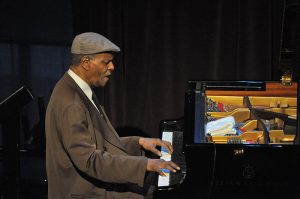
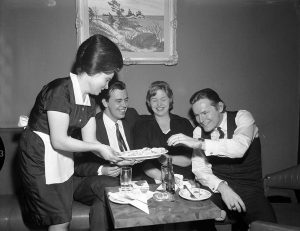
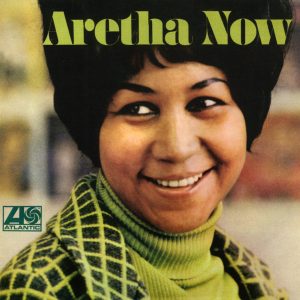
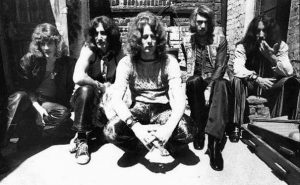



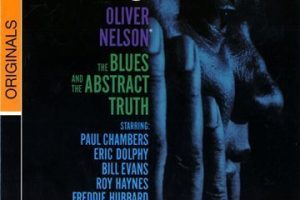

Add Comment